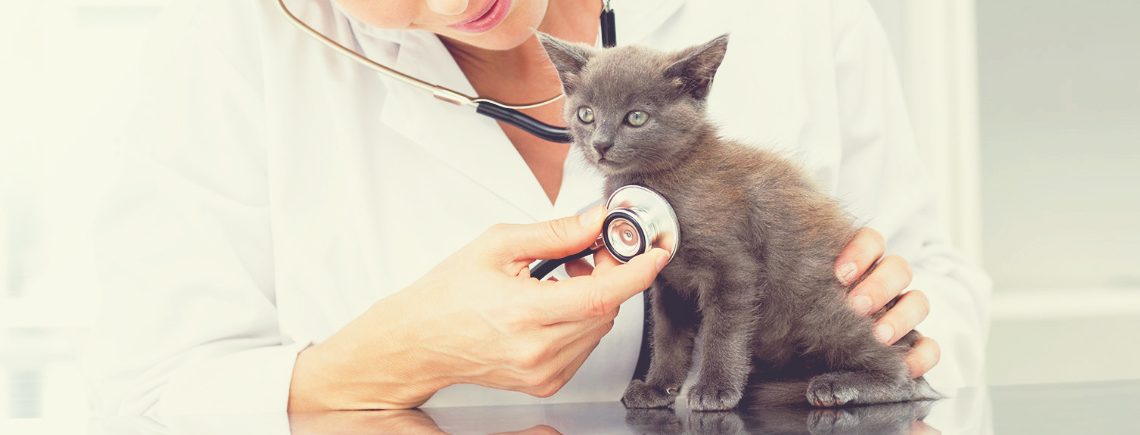Your Kitten and Vaccinations: What You Need To Know
Taking your kitten to get her vaccinations is essential to her health and wellbeing, as they protect against an array of diseases that your kitten is vulnerable to. It also helps prevent disease spreading to any other animals in your area.
Your kitten’s mother protected her from disease through antibodies in her milk during her first few weeks of existence; after this, it’s up to you to help keep your kitten healthy, with the help and advice of your local veterinarian.
In this blog post, I’ll guide you through when your kitten will need these vaccinations, what type of vaccinations she’ll be getting, and what diseases she’ll be protected against to ensure she can live a long, happy life.
When Should My Kitten Be Vaccinated?
Your kitten should have her first set of vaccines when she is around 8-9 weeks old. Around 3-4 weeks later, she will receive her second set to help boost her immune system. Make sure to keep your kitten indoors 7-10 days after her second dose to help build immunity. After this, she will need annual ‘booster’ vaccinations for the rest of her life to help maintain protection.
Until your kitten is fully vaccinated and neutered, she should be kept inside.
What Diseases Will My Kitten Be Protected Against?
- Cat Flu (Herpes and Feline Calicivirus-FCV)
A highly contagious upper respiratory disease, it can cause severe flu-like symptoms. Cats under a year old are most likely to be affected. There are many signs to look out for, including: sneezing, discharge from eyes and nose, drooling, loss of appetite, high temperature, coughing, and pneumonia. If left untreated, it can be fatal.
- Feline Panleukopenia (FPLV)
This is a highly infectious virus, which is caused by direct faecal-oral contact and indirect contact, such as contamination of the environment or objects such as toys, bedding or equipment. Signs of this virus include diarrhoea, vomiting, dehydration, and loss of appetite. Also known Feline Infectious Enteritis (FIE)

- Feline Leukaemia Virus (FeLV)
FeLV is spread from one cat to another through bodily fluids such as saliva, blood, urine, and faeces. It attacks the immune system, leaving the infected cat highly susceptible to disease. Symptoms include pale gums, enlarged lymph nodes, fever, diarrhoea, breathing difficulty, and bladder, skin, or upper respiratory infections. FeLV is often fatal. Vaccination for FeLV is not routinely given, but if your cat is one that likes to explore the outdoors, ask your vet to assess the risk level of that disease in the area. They will advise for or against vaccine as such. Often a specific test is performed prior to vaccination to ensure cat not already infected and asymptomatic.
- Rabies
Although Ireland the UK are rabies-free, if you plan on travelling with your cat to other countries, you may need a rabies vaccine. If you plan on travelling with your kitten within the EU, the rabies vaccine is compulsory. Check with your veterinarian first and follow their recommendations if you plan on travelling.
How Long are Vaccines Effective For?
Some vaccinations will require booster injections every year to remain effective. Consult with your veterinary surgeon to determine the exact schedule that’s right for your pet.
How Will My Kitten React After Vaccinations?
Your kitten may be a little sleepy after her vaccination, and there may be a small lump at the site of the injection. This should heal within a day or two. Although serious reactions to the vaccine are extremely rare, if you find your kitten is very unwell after her vaccine, contact your vet right away.
Kittens should keep a distance from other animals until they are fully immunised, so bear that in mind when taking them to the vets for the first time and to keep an eye on them in the waiting room. Wait until your vet gives the all clear and then you can safely bring your kitten out to meet other pets and socialise.

